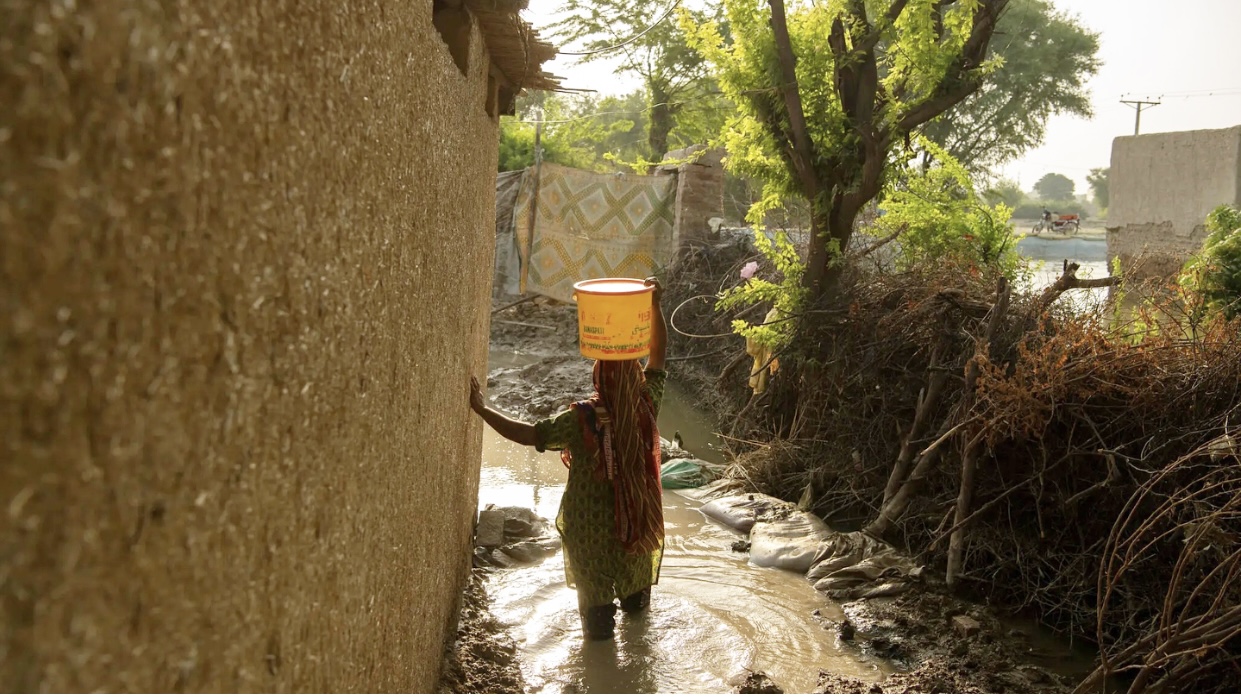
Pakistan’s water supply has become a crucial resource challenge in recent years, made worse by the country’s enduring infrastructure and governance problems. The prospect of a major water crisis in Pakistan offers a stark reminder of the increasing vulnerability of the country to global climate change. The destructive floods that submerged a third of the country last year demonstrate this. In this episode, Dr. Fazilda Nabeel and Dr. Erum Sattar draw attention to important issues in the climate change-water security space in Pakistan.

Dr. Fazilda Nabeel is a Climate and Water Governance Specialist. She is currently the Provincial Coordinator for the Government of Pakistan’s and UN’s Living Indus Initiative for the ecological restoration of the Indus Basin. She also teaches courses on the Business Case for Climate Action as visiting faculty at LUMS. She completed her Ph.D in Development Studies from the University of Sussex (UK) with a research focus on the political ecology of the environment, particularly researching the history of groundwater governance in Punjab.

Dr. Erum Sattar, is the Former Program Director of the M.S. in Sustainable Water Management at Tufts University. Dr. Erum K. Sattar received her Doctorate in Juridical Sciences (S.J.D.) from Harvard University. Her doctoral research spanning law and policy focused on issues of water federalism and trans-boundary water sharing in the Indus River Basin. She is also an Adjunct Professor at the Elizabeth Haub School of Law, Pace University and has taught at Northeastern University School of Law, and the National University of Singapore School of Law where she taught the school’s first-ever course on water law and policy. Her current research is focused on the impact of climate change as it disrupts water availability and the legal and institutional structures that societies need to design to adapt to growing environmental stresses ranging across floods, a warming climate, and long-term droughts.

